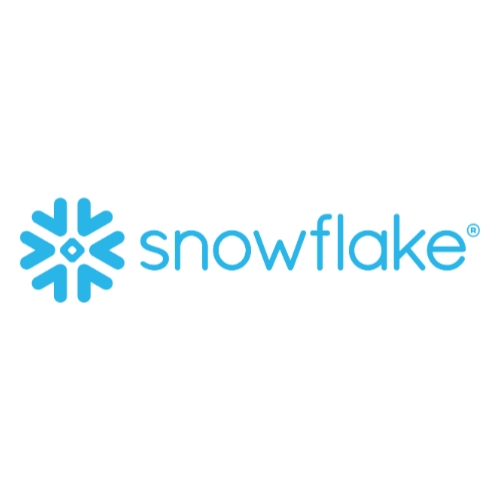For many of us, working from home is the new normal, especially for those in the tech world. While some are pros at working remotely, others are still getting used to their new workspace complete with new seating arrangements, new “coworkers” and new distractions. That’s why Sparq colleagues put their heads together to assemble some advice for adjusting to a work from home lifestyle. Below are their top tips.
Create a workable desk environment
Sitting on the couch, in the recliner, or at the kitchen bar sounds appealing, but isn’t a suitable long-term work area. When you work for long periods of time in/on furniture that isn’t designed for that kind of use, it starts to take a physical toll on you. It also limits your ability to use accessories that you normally use at your work desk, such as multiple monitors and a separate keyboard and mouse. Even if you don’t have a home office, ensure that your makeshift one has accessibility to everything you need to be efficient.
Take periodic physical breaks
Without colleagues in the office to interact with, it’s tempting to just sit at your desk all day. However, this won’t do your body any favors. Go outside and walk the dog, or spend a few minutes drawing with sidewalk chalk with the kids. Everyone in your house (pets included) will benefit.
Have a quiet place for customer calls
At this point, customers are generally aware that most people are working remotely (and chances are, they are too), but too many barking dogs or crying children become a real distraction for working calls. If it’s not possible to find a quiet space in your house, the “branch office” (aka your car) can work in a pinch.
Stay connected, creatively
Being physically distanced from your coworkers doesn’t mean you can’t keep up the same camaraderie you’ve always had. A few unique ways our colleagues have managed to stay connected are by going on virtual walks together, Zoom ‘happy hours’, and taking each other on video tours of their homes.
When all else fails, unplug
A 2019 study found that the biggest struggle people had with working remotely was being able to unplug. Long days are necessary sometimes, but working extra hours over an extended period of time will leave most people feeling burned out, and unable to do their best work. It’s important to know when to unplug at the end of the day. With so much uncertainty surrounding how long this “new normal” will last, make sure you’re looking out for your well-being in the long-term, not the short-term.
Figuring out the best remote work environment for you (and your family) will probably take some time. However, by utilizing these tips, you’ll be able to stay productive and connected as everyone adjusts to life working from home.

Snowflake Summit 2025 Announcements
Snowflake Summit 2025’s latest announcements made it clear: the path to genuine AI-driven impact hinges on frictionless access to data, the ability to act on it with clarity, and absolute confidence in its protection. Learn more about how they're making that happen for customers in this article.

How ChatPRD Helps Build Better Stories (and a Stronger Team)
When user stories are vague, it slows down delivery, trust, and momentum. This article by Senior Product Strategy Consultant Traci Metzger shows how she used a lightweight, AI-guided system (ChatPRD) to write clearer, developer-ready requirements that actually accelerated execution.

QA in the Age of AI: The Rise of AI-Powered Quality Intelligence
As organizations push code to production faster, respond rapidly to new customer needs and build adaptive systems, the expectations on quality have changed. It's no longer enough to simply catch bugs at the end of the cycle. We’re entering an era where quality engineering must evolve into quality intelligence and organizations adopting quality intelligence practices are reporting measurable gains across key delivery metrics. Learn more in this article by Principal Engineer Jarius Hayes.

Operational Efficiency in the AI Era: What Matters and What Works
Ever wonder how leading teams are cutting costs without cutting corners? Hint: it starts with AI. In this article by Principal Delivery Manager Kabir Chugh, learn how AI is powering smarter ops, faster deployments, and measurable savings across industries.
